
The 3 fundamental coping mechanisms patients should have embedded into their care plan are self-compassion, gratitude, and kindness.

The 3 fundamental coping mechanisms patients should have embedded into their care plan are self-compassion, gratitude, and kindness.
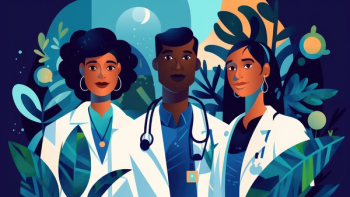
Diversity, equity, and inclusion must be a centerpiece of nursing recruitment and retention.

Patients with multiple myeloma are living longer; therefore, their lifelong treatment expenses can become burdensome.

Remote patient monitoring following CAR T-cell therapy may reduce costs while allowing nurses to maintain a close eye on patient parameters, although more research is needed to refine the process of alerting virtual nurses of potential issues.

Frontline treatment with enfortumab vedotin/pembrolizumab is associated with the highest healthcare costs for patients with locally advanced or metastatic urothelial carcinoma.
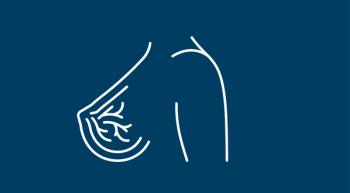
The increasing use of biosimilars makes prophylaxis with growth factor more cost effective.

Leah Owens, DNP, OCN, RN, shares how the total cost of care changed over time at her institution with the Oncology Care Model.

Electronic patient-reported outcomes may have a place in high-quality cancer care, according to investigators.

Delivering intensive chemotherapy in the outpatient setting may preserve quality of life and lead to significant cost savings, according to investigators.

Advanced practice providers were more likely to be impacted by prior authorizations than their physician colleagues, according to survey responses.

Patients who were in the intervention arm were 67% less likely to go to the emergency department in the last days of their life.

The Undiagnosed Cancer Clinic, or UCC, was established with the goal of reducing the time that patients wait for their initial oncology consultation appointments.

Screening for financial toxicity should be routine in cancer care, according to investigators.

The Oncology Care Model did not significantly improve care, yet patients were satisfied with their care and many oncologists overcame their hesitancy towards value-based models.

In a survey, 75% of Black respondents said that racism had impacted their mental health in the workplace.
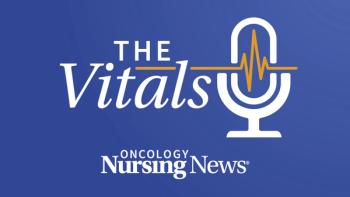
Quanna Batiste-Brown, DNP, RN, NEA-BC, FAAN, and Patricia Jakel, RN, MN, AOCN, discuss the reality of racism in nursing.

Clinical navigators helped increase the rate of genomic testing referrals among Black patients with prostate cancer—a group that faces significant health disparities in the care system.
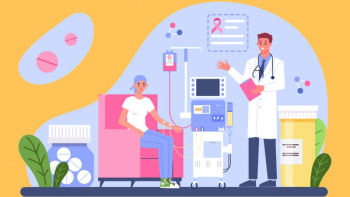
Chemotherapy shortages are affecting patients across the country.

Sarita M. Taylor, BSN, RN, OCN, shares how she mentally recharges outside of the clinic.

Using diagnostic CT scans to create palliation plans may save time and improve the patient experience.

Routine surface wipe testing helps identify specific areas of hazardous drug contamination and guide nurse leaders towards establishing improved protocols.

Heather Niccum Haag, BSN, RN, CCRN, shares how her institution improved patient education with the treatment belzutifan.
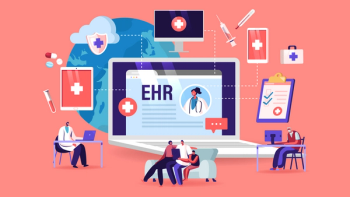
Jessica MacIntyre, DNP, MBA, APRN, NP-C, AOCNP, describes how nurses used an app imbedded in the electronic medical record to refer patients to the Leukemia & Lymphoma Society.

A telephone-based weight loss program proved to be efficacious in overweight or obese women with breast cancer and may lead to improved disease outcomes in the long run.

Patient navigation services increased the rates of breast, cervical, and colorectal cancer screenings 6-fold amongst women living in rural communities.
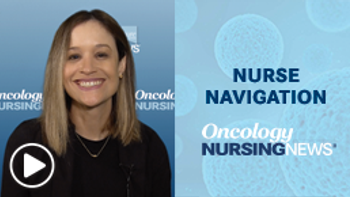
Jessica MacIntyre, DNP, MBA, APRN, NP-C, AOCNP, discusses ways to standardize the process of referring patients to the Leukemia and Lymphoma Society.

To evaluate the prevalence of financial toxicity and observe the effect of Coverage and Cost-of-Care Links, a program providing financial navigation, investigators initiated a nonrandomized study.
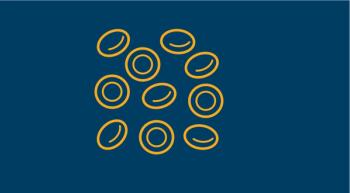
An economic analysis showed that neither polatuzumab vedotin nor CD19-directed CAR T-cell therapy are likely to be the most cost-effective for patients with diffuse large B-cell lymphoma based on their high costs and current long-term survival estimates.

Physician involvement can determine how much patients benefit from services provided.